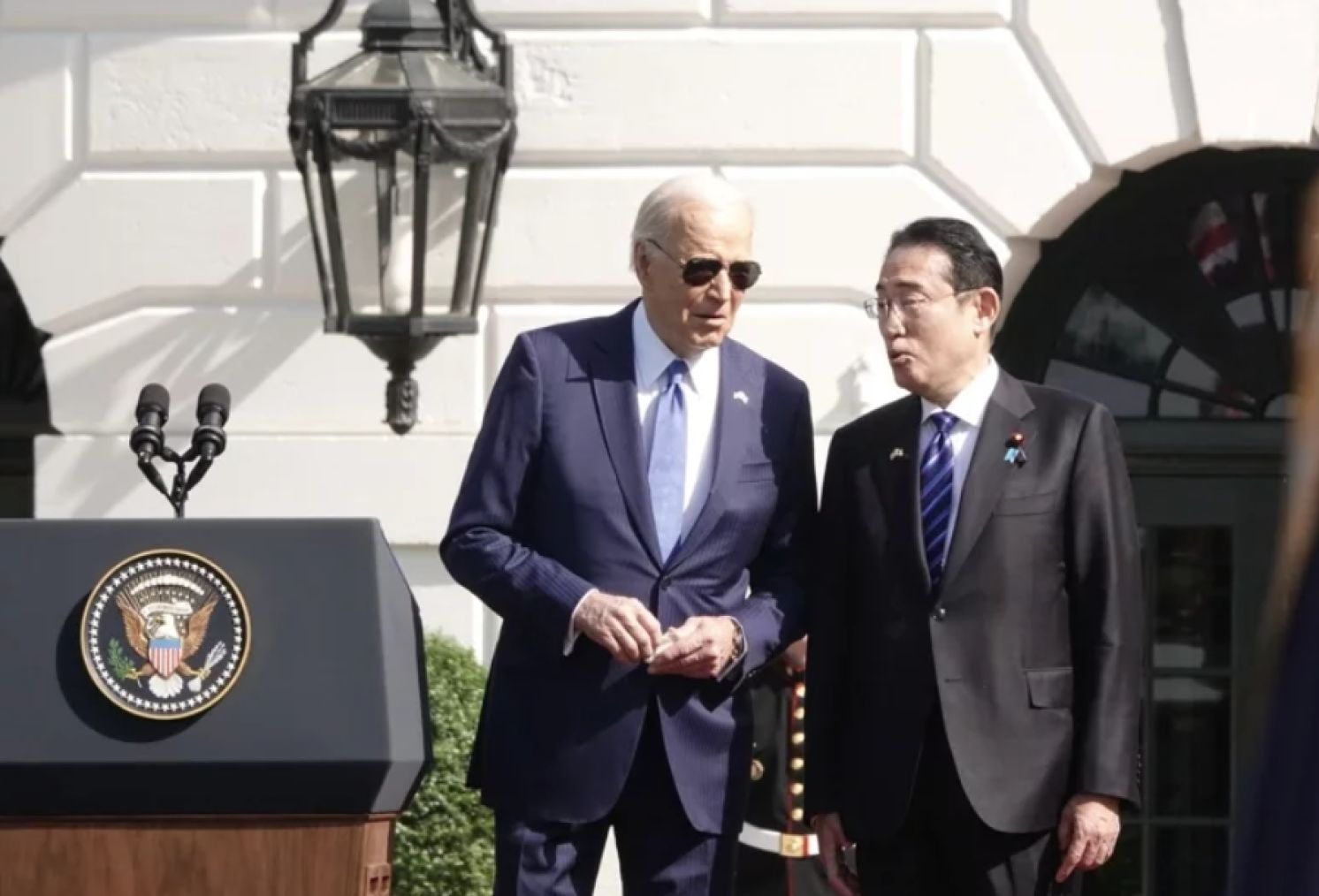
This Week in Taiwan 0407-0413
April 8: The Taiwan Semiconductor Manufacturing Company (TSMC) received a $6.6 billion subsidy from the United States. The company announced plans to establish its third semiconductor fabrication plant, with an expected adoption of 2-nanometer or more advanced processes by 2030. After expanding operations in the United States, TSMC's local investment will exceed $65 billion.
According to industry analysts, this move signifies that the United States is becoming another major hub for advanced semiconductor production, alongside Taiwan.
April 9: It has been three decades since Taiwan undertook its largest education reform project. Critics argue that while education reform aimed at equal education and alleviation of academic pressure, political interference led to excessive promotion of technical and vocational education. This resulted in irreversible policy mistakes. By the end of July, 15 higher education situations will be phased out. Former Minister of Education Kuo Wei-fan, former National Tsing Hua University (NTHU) President Ho Chen-hung, and more than 10 education organizations, publicly called for a national education conference to reassess the next phase of education policies. The National Education Conference has not been convened for 14 years.
April 9: Former Taiwan Solidarity Union (TSU) Legislator Lo Chih-ming and retired Navy Rear Admiral Hsia Fu-hsiang repeatedly invited retired military personnel to play golf in mainland China. They were charged with violating the National Security Act. In the first trial, Lo was acquitted, while Hsia was sentenced to five months in prison. However, the second trial acquitted both individuals. The court emphasized that even in light of cross-strait tensions, participation in such events should not be considered a disregard for national security or developing organizations for Communist China.
April 10: Former President Ma Ying-jeou visited mainland China and met with Chinese President Xi Jinping in Beijing. During their dialogue, Ma mentioned the "Republic of China" and elaborated on the "1992 Consensus," which involved both sides expressing their commitment to the "One China" principle verbally. He emphasized that the well-being of the people should be the ultimate goal for cross-strait relations. Xi, in turn, emphasized that both sides belong to the Chinese nation. Interestingly, neither public statements nor official news releases mentioned the concept of "One Country, Two Systems."
April 10: President Joe Biden of the United States met with Prime Minister Fumio Kishida of Japan at the White House, reinforcing the U.S.-Japan alliance. According to Japanese media, the two countries are enhancing defense cooperation, likely in response to China’s increasing military confidence in the Indo-Pacific region. Mira Rapp-Hooper, senior director for East Asia and Oceania Affairs at the National Security Council, stated to international media that the United States and Japan share a clear stance on the Taiwan Strait, and the two leaders frequently discuss the importance of peace and stability in the region.
April 10: The Ministry of Economic Affairs (MOEA) released the 2023 fixed asset purchases for the manufacturing industry; the annual total was NT$1.73 trillion (about US$53.6 billion), representing a 23 percent decline and marking the worst record in 14 years. Fixed asset investment is crucial for long-term economic growth potential. The MOEA attributes this decline to the impact of high interest rates and inflation, leading companies to adopt a more conservative approach to investment expansion; the base figure from the previous year was also higher.
April 10: President-Elect William Lai announced the first phase of personnel appointments. Cho Jung-tai, former chairman of the Democratic Progressive Party (DPP), will serve as premier, while Cheng Li-chun, former Minister of Culture, will be vice premier. Kung Ming-hsin, currently minister of the National Development Council (NDC), will assume the position of secretary-general of the Executive Yuan in the new administration.
April 12: The first U.S.-Japan-Philippines trilateral summit was held at the White House. The joint vision statement emphasized that peace and stability in the Taiwan Strait are essential elements for global security and prosperity. The three countries maintain a consistent stance on the Taiwan Strait and call for peaceful resolution. In response, mainland China's Ministry of Foreign Affairs asserted that Taiwan affairs are purely China's internal affairs and should not be subject to external interference.